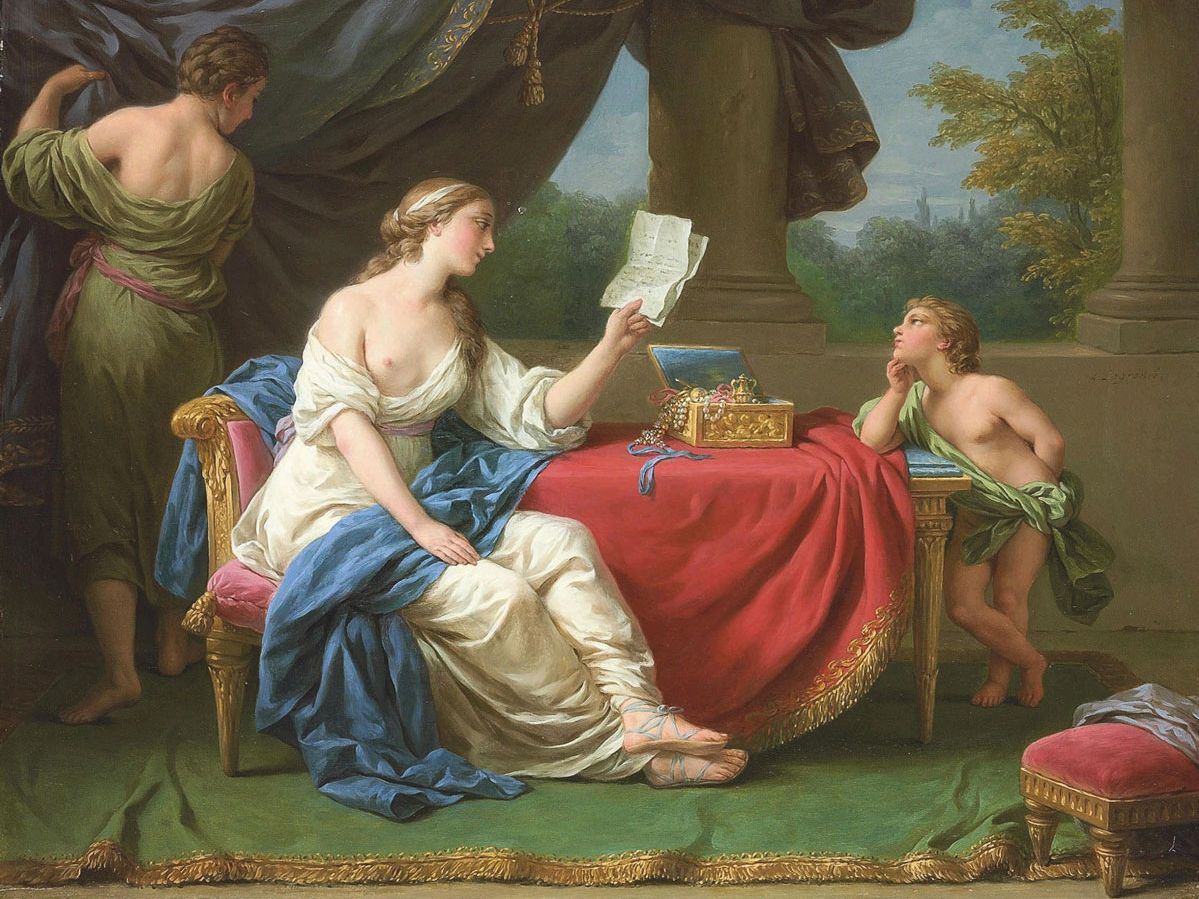Okay, so I decided to dive into the female characters in The Odyssey, right? Been meaning to for ages. It’s one of those classics everyone quotes, but like, how closely have we actually looked at the women?
First thing I did was just reread the whole thing. Skimming ain't gonna cut it. Made notes on every mention of a female character – even the minor ones. Who spoke to them? What did they say? What was said about them? All that good stuff.
Then, I started categorizing. Obvious ones first: Penelope, Circe, Calypso. But I also looked at Nausicaa, Helen (yeah, she's technically from the Iliad but pops up), and even the maids in Odysseus’s palace. All these women play very different roles.

Penelope, man, what a woman. The loyal wife, the queen holding down the fort. But she's not just sitting pretty, waiting to be rescued. She's smart. I looked at her tricks, the shroud she weaves and unweaves to delay the suitors. This chick is playing the long game. And the way she tests Odysseus when he finally returns? Genius! Made me wonder how much power women actually had in that time, behind closed doors you know.
Then there's Circe and Calypso, the goddesses. Total opposites. Circe’s dangerous, turns men into pigs, classic enchantress. But she also helps Odysseus, gives him crucial advice. Calypso keeps him captive for years, but she’s also offering him immortality. Both these goddesses hold serious power, but they're still defined by their relationship to Odysseus. Makes you think about how even powerful women in stories can be written mostly in relation to male protagonists.
Next up, Nausicaa. Sweet girl. She helps Odysseus when he's washed up on shore. It's subtle, but she defies her father's expectations and gives him aid. I saw her as a symbol of innocence and kindness in a pretty harsh world.
And, alright, Helen. Complicated. She's the face that launched a thousand ships, yeah, but in the Odyssey, she's back with Menelaus, seemingly remorseful. Is she a victim of fate? Is she manipulative? I read some analysis on her and it’s still so debated.
Finally, the maids. Specifically, the disloyal ones who sleep with the suitors. Brutal ending for them. It highlights the strict double standards of the time. It's worth pondering: were they really evil, or just trying to survive in a difficult situation? Adds a layer of complexity when you think about power dynamics.

- Made charts comparing their motivations.
- Wrote out their key quotes and analyzed the language used.
- Looked up scholarly articles on feminist interpretations of the Odyssey.
Conclusion: There's no one way to read these characters. They're complex, contradictory, and products of their time. But looking at them closely, you get a richer understanding of the Odyssey and the roles women played – or were allowed to play – in ancient Greek society. And it's a conversation that's still relevant today, right?










